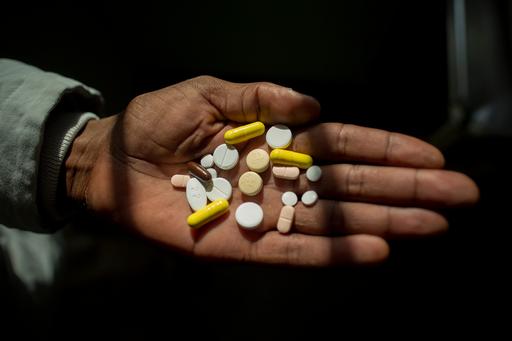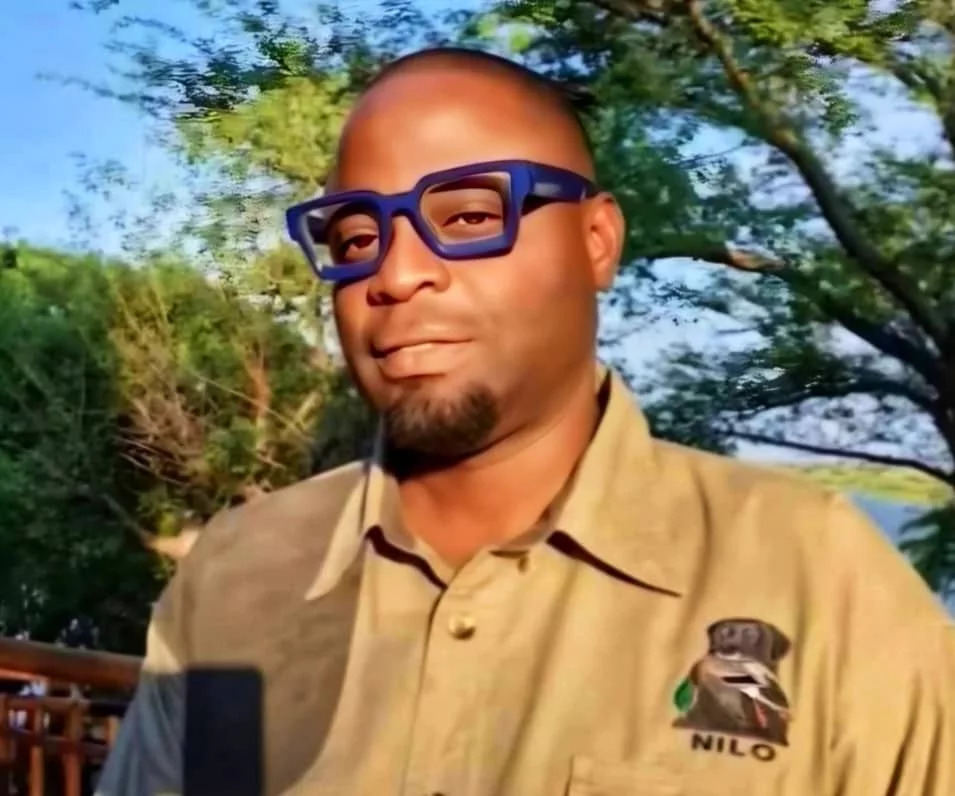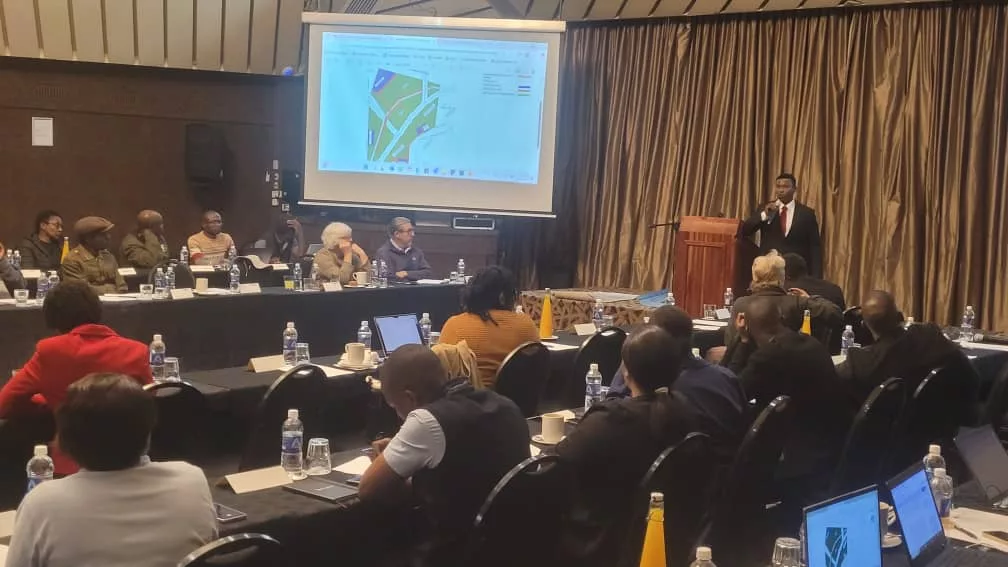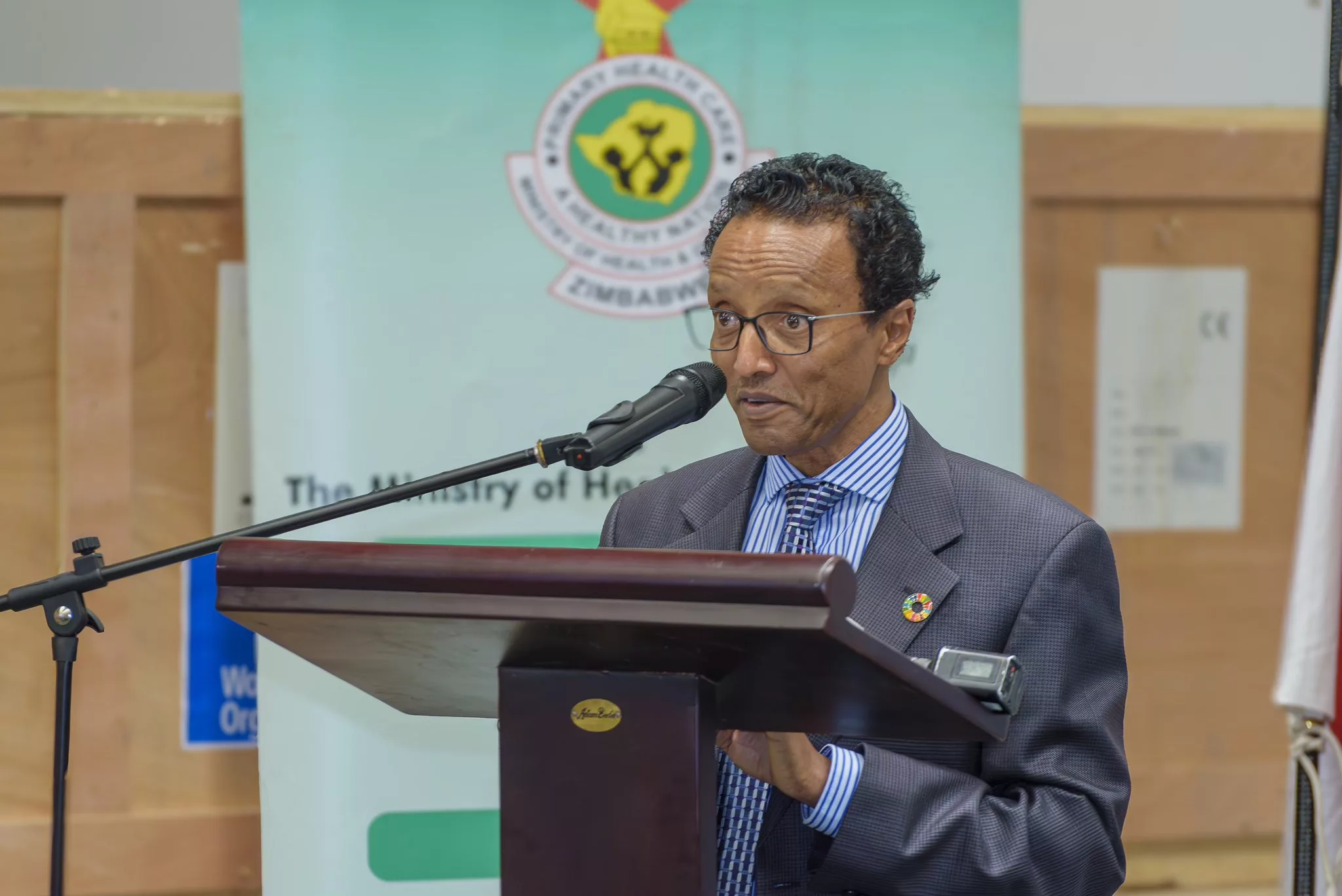Doctors Without Borders (MSF) has welcomed the revision made by WHO to its tuberculosis (TB) guidelines, allowing for safe use of a treatment regimen including both bedaquiline and delamanid for patients suffering from drug-resistant tuberculosis (DR-TB), while urging a faster uptake in India for patients with extensively drug-resistant TB (XDR-TB).
The drugs bedaquiline and delamanid were the first new TB treatments to become available in half a century. The June release of the WHO’s ‘Consolidated guidelines on tuberculosis- treatment of DRTB’ finally provide for the concurrent use of bedaquiline and delamanid among patients who have limited treatment options. Data from MSF’s DR-TB project in Mumbai contributed to generate the evidence. The new regimen has shown treatment success rates of up to 70% for the severest of DR-TB cases.
This battle to improve DR-TB is just a partial victory. In India the National Institute of Tuberculosis and Respiratory Disease (NITRD) published a study on bedaquiline and delamanid given together in a salvage regimen and found it is efficacious with a low rate of adverse events and recommended that the new drugs should be provided as a life-saving option to DR-TB patients with limited treatment options. The WHO update will now help fast-track inclusion of these approaches in the national guidelines.
“It’s critical that the national TB programme now make both the new TB drugs available concurrently to patients who need them to help accelerate access to life saving treatment for DR-TB patients. This is also in line with WHO’s push to countries to scale-up use of injectable-free regimens so that DR-TB patients can be treated in the safety of their homes during the COVID-19 epidemic,” says Leena Menghaney, South Asia Head of MSF Access Campaign.
While shortening its duration, MSF is also focusing on improving existing treatment regimens for infants and children with DR-TB.
However, the registration for paediatric use of bedaquiline for children below 18 years old and delamanid for children 3 to 6 years old by J&J and Otsuka respectively is still pending. This limits options for children with DR-TB and the scale up of all oral regimens for this very vulnerable cohort, who are at the greatest risk of life-long disability due to hearing loss from the continued use of injectables. Otsuka and J&J need to expand the registration of new drugs in India for paediatric use, so that they can be scaled-up for adolescents and younger children who need it.
MSF has advocated for several years with the National TB Elimination Programme (NTEP) in India to allow access to newer treatment regimens for its patients. In 2019 it received support to procure bedaquiline, delamanid as well as Imipenem in bulk from the Global Drug Facility for 324 DR-TB patients in Mumbai with extensive drug resistance, who cannot be treated by usual treatment regimens. As a result, the cost of a combined regimen (known as COMBO) has come down for the organisation from more than 19,220 euros (₹17 lakhs) to less than 10,175 euros (₹9 lakhs) per patient.
“In Mumbai, MSF’s independent clinic started providing bedaquiline and delamanid to patients in 2013 and 2015. The concomitant combination started in 2016 and has now a total of 256 patients enrolled, including patients from NTEP sites in Govandi and Sewri TB hospital who we jointly manage with national programme for treatment follow up and counselling. Based on our treatment experience, MSF recommends that TB programmes in high burden countries allow concomitant use of new drugs and an extension of the duration of the COMBO treatment from the initial six months to 18 months to ensure that patients face less side effects, have a high conversion rate and better treatment outcomes,” says Dr Stobdan Kalon, Medical Coordinator, Medecins Sans Frontieres, India.
With an estimated 130,000 DR-TB cases each year, India has the highest-burden in the world. In Mumbai, MSF has been providing not just medical treatment but holistic care to people living with DR-TB.






